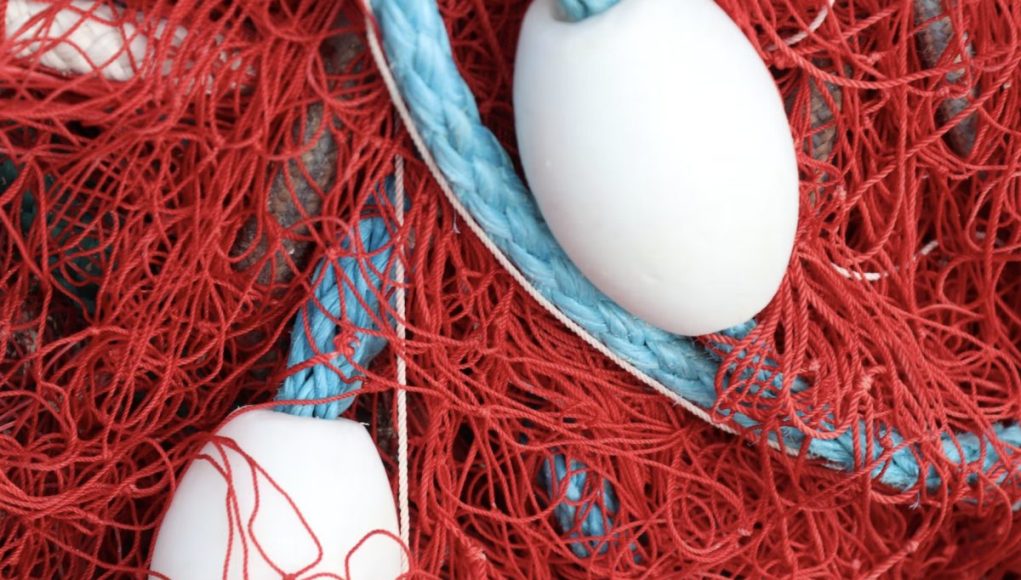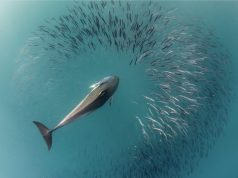INSIGHT by ClientEarth
ClientEarth lawyers have reacted to a new European Commission report evaluating the EU’s Common Fisheries Policy (CFP) – and called on Member States to urgently implement and enforce it after 10 years of insufficient action.
In its report on the implementation of the CFP published today, the Commission admitted that its legally binding objective to end overfishing by 2020 was not met.
The CFP came into force in 2013 to improve fisheries management of European seas – one of the most overfished zones in the world.
Ten years after, 87% of stocks in the Mediterranean and one third of the stocks in the North East Atlantic remain overfished – threatening the marine environment and its ability to serve as a carbon sink as well as the future of fishers and coastal communities.
ClientEarth fisheries lawyer Arthur Meeus said: “This report is a wake-up call for Member States to act – European fish stocks are still overexploited, despite formal pledges made ten years ago to end overfishing by 2020.
“This report is a wake-up call for Member States to act – European fish stocks are still overexploited, despite formal pledges made ten years ago to end overfishing by 2020.”
“Every year it’s the same circus. Member States keep on ignoring scientific advice and illegally set unsustainable fishing limits, pushing the most vulnerable stocks, like cod, over the edge. To make things worse, the lack of control and sanctions at sea means these often poor limits are not even respected in practice.
“It is high time for the Commission and Member States to break the cycle and finally end overfishing on paper and on the water – this is key for our marine environment but also for the fishers and coastal communities who depend on it.”
The report explains that beyond the setting of unsustainable fishing limits, Member States’ lack of effective control of fishing fleets is undermining the EU’s sustainable fishing objectives.
In particular, it points out that the lack of monitoring tools like CCTV onboard vessels has led to ‘widespread non-compliance’ – including the continuation of illegal discards of unwanted fish at sea – which undermines the quality and accuracy of data scientist rely on to establish their maximum catch advice.
As negotiations around the revision of the Fisheries Control Regulation are ongoing, lawyers are calling for the adoption of modern monitoring tools and increased controls at sea, as well as harmonised levels of sanctions across Member States to discourage illegal activities.
“Just as you need radar controls and police to deter wrongdoings on the road, you also need to increase controls and make sure fines and penalties are harmonised across Member States against those who break the law at sea. This is the only way to enforce sustainable fishing and ensure that abusers don’t have carte blanche to jeopardise our oceans,”
– Arthur Meeus
| about
ClientEarth is a non-profit organisation that uses the law to create systemic change that protects the Earth for – and with – its inhabitants. We are tackling climate change, protecting nature and stopping pollution, with partners and citizens around the globe. We hold industry and governments to account, and defend everyone’s right to a healthy world. From our offices in Europe, Asia and the USA we shape, implement and enforce the law, to build a future for our planet in which people and nature can thrive together.
| All opinions expressed are those of the author and/or quoted sources. investESG.eu is an independent and neutral platform dedicated to generating debate around ESG investing topics.









